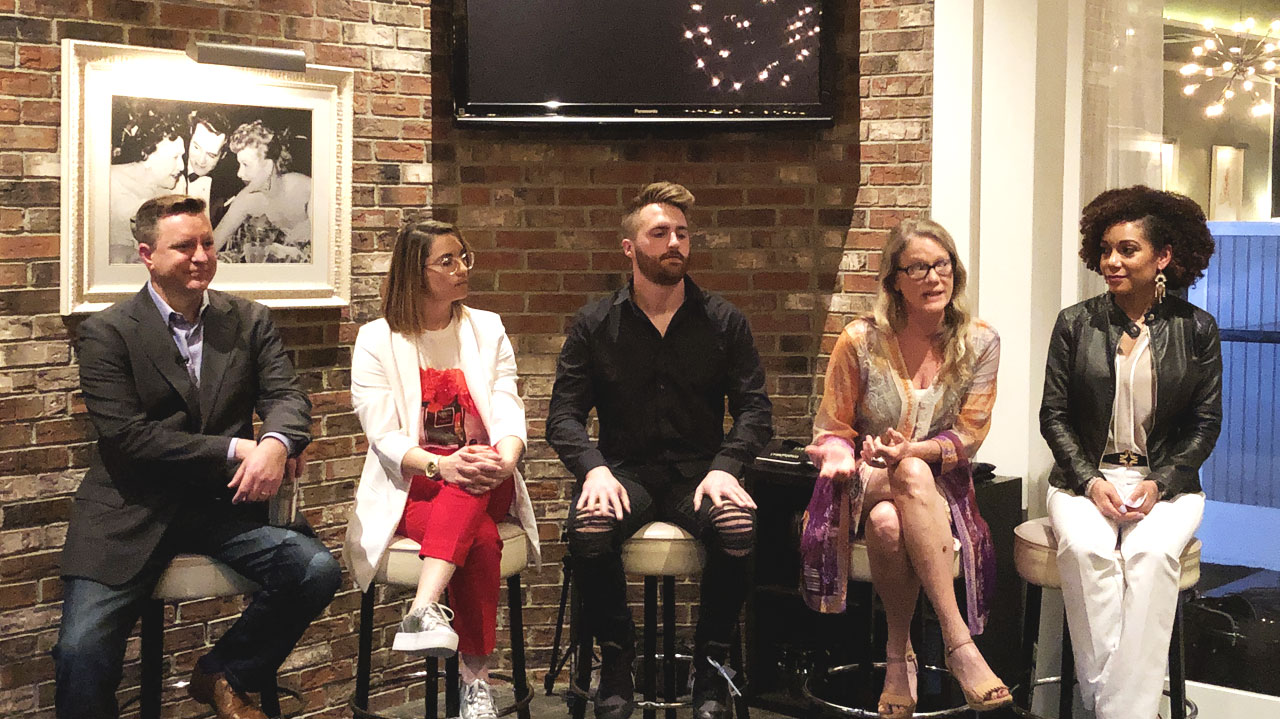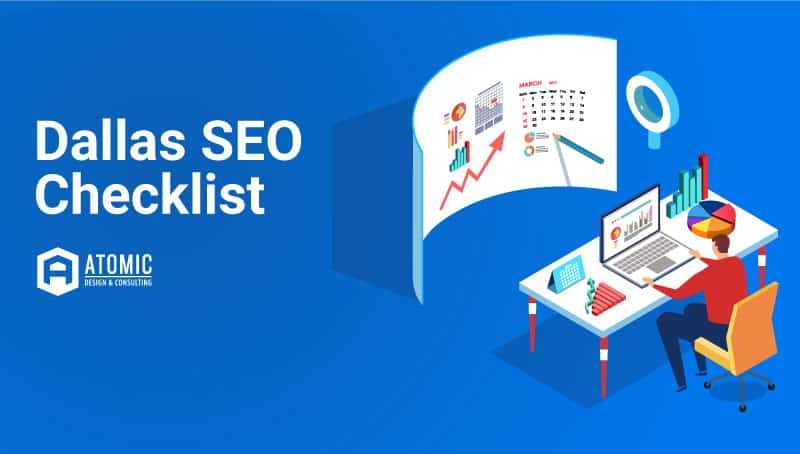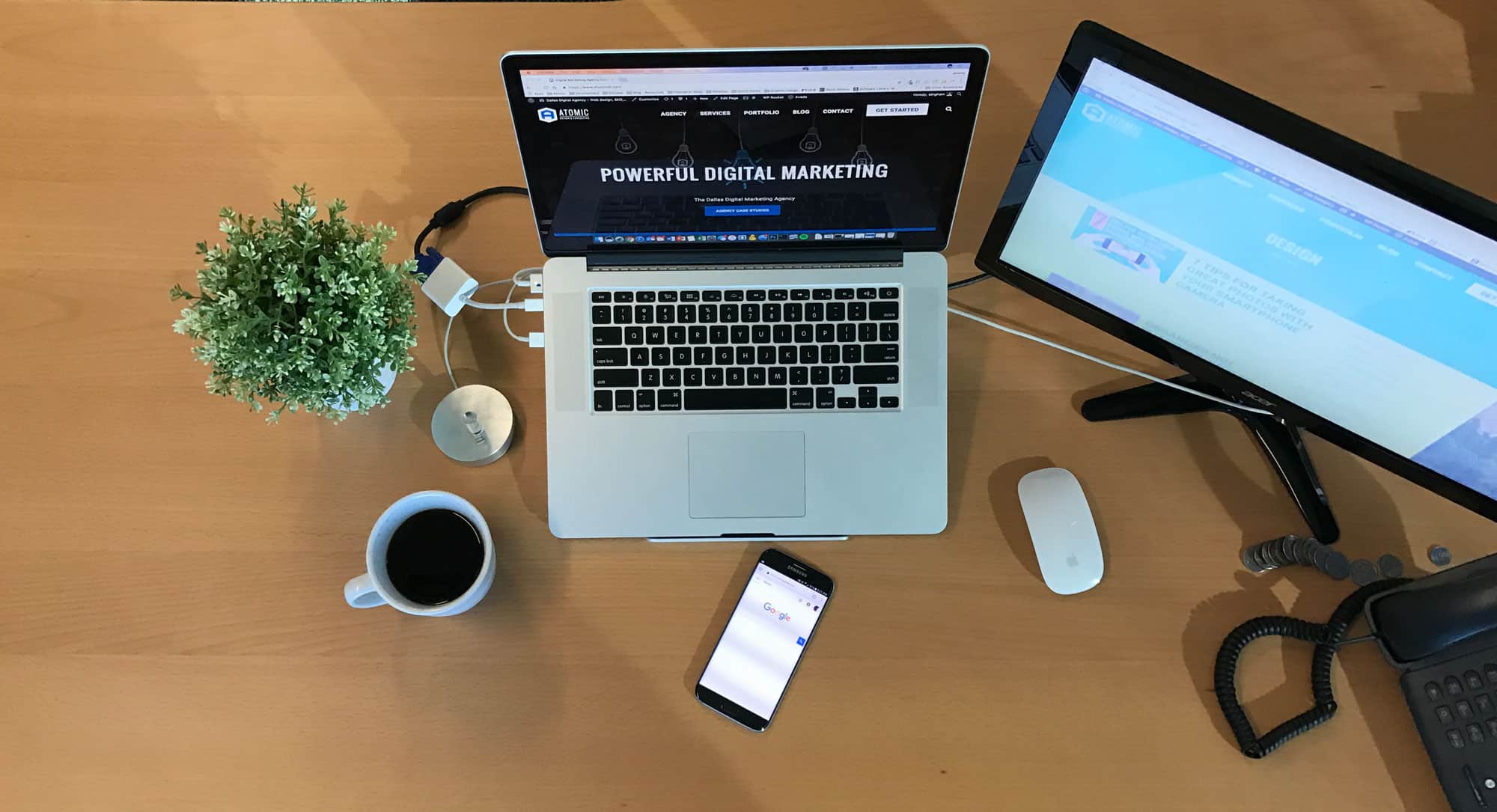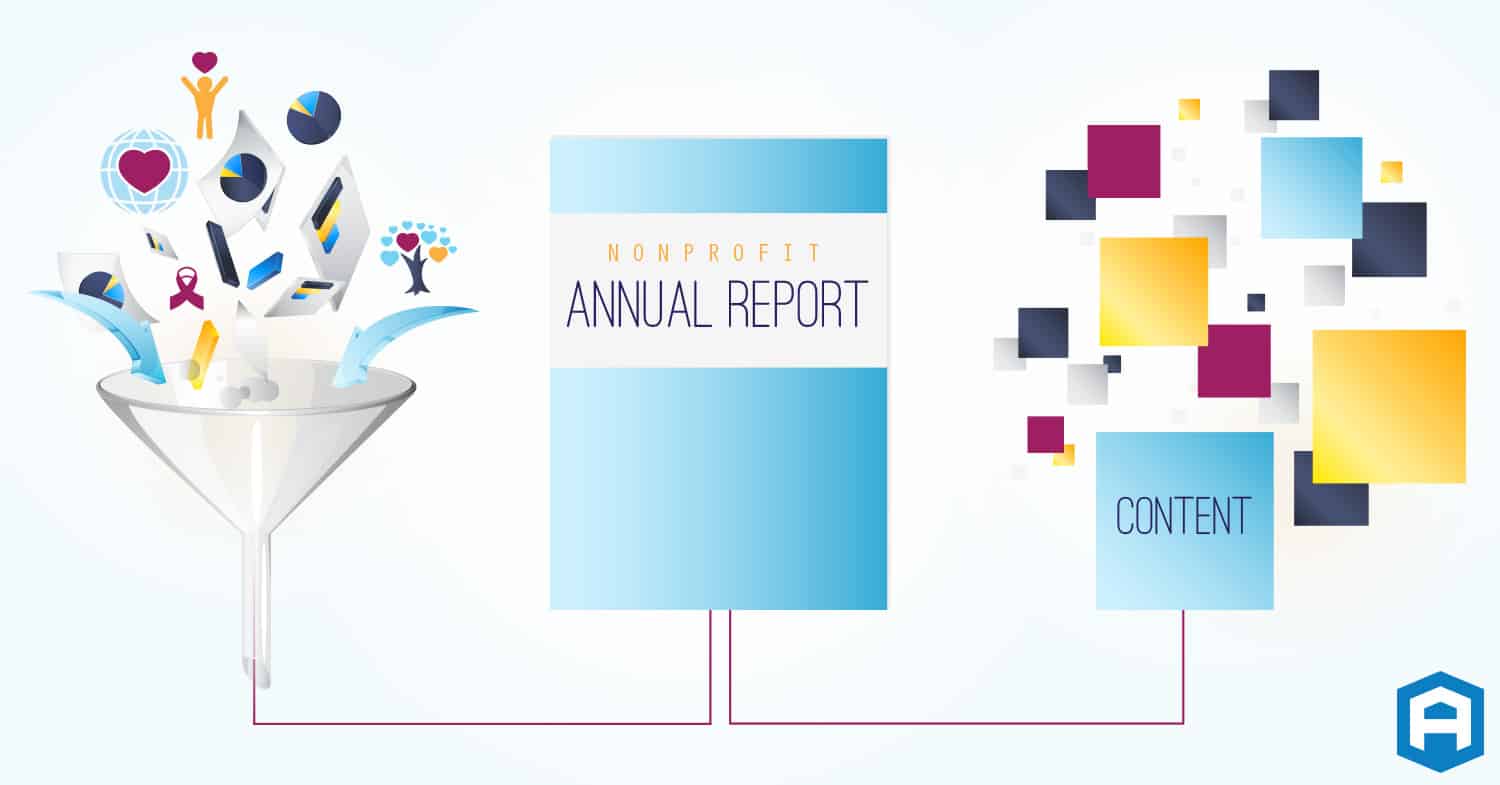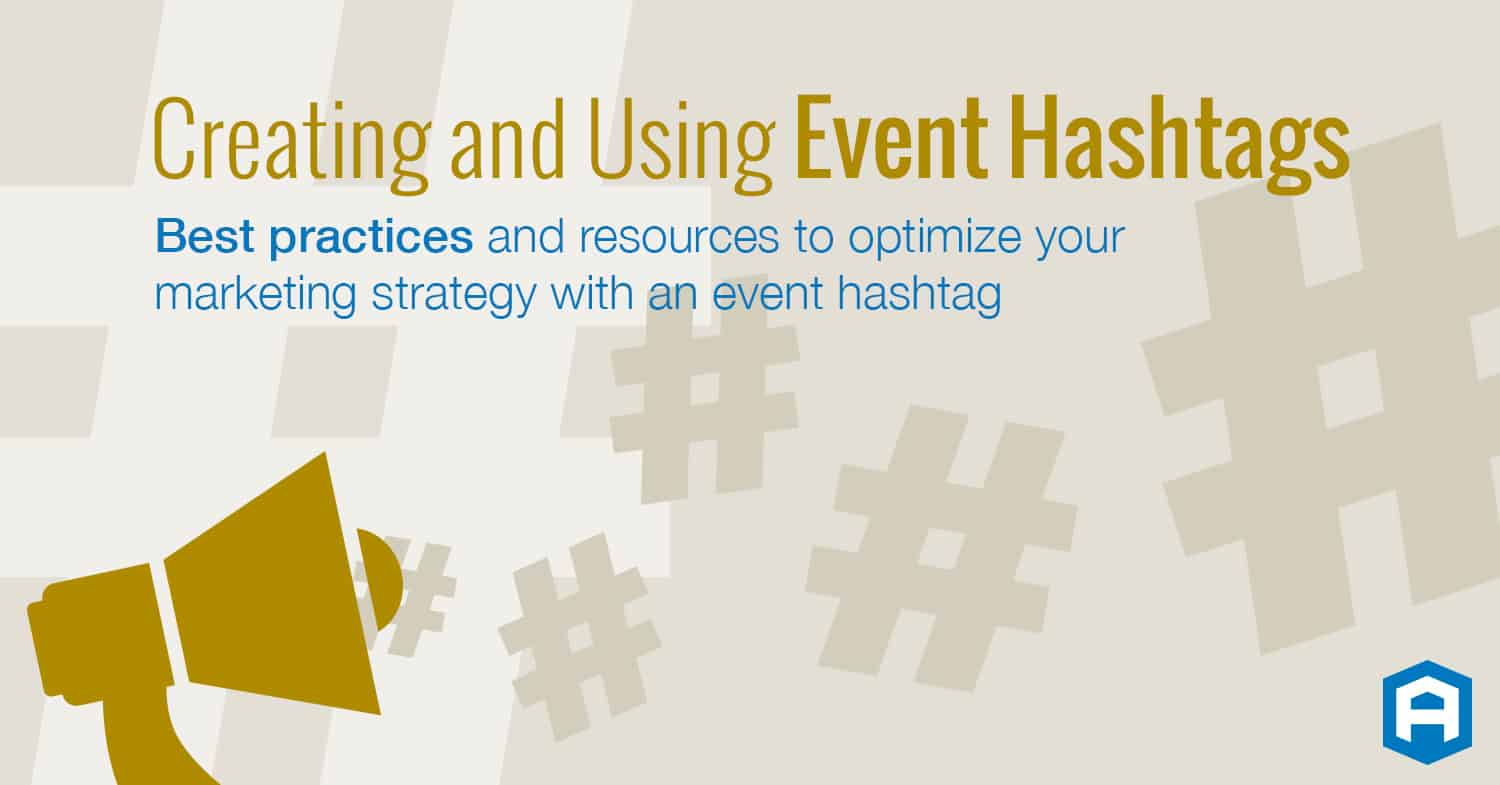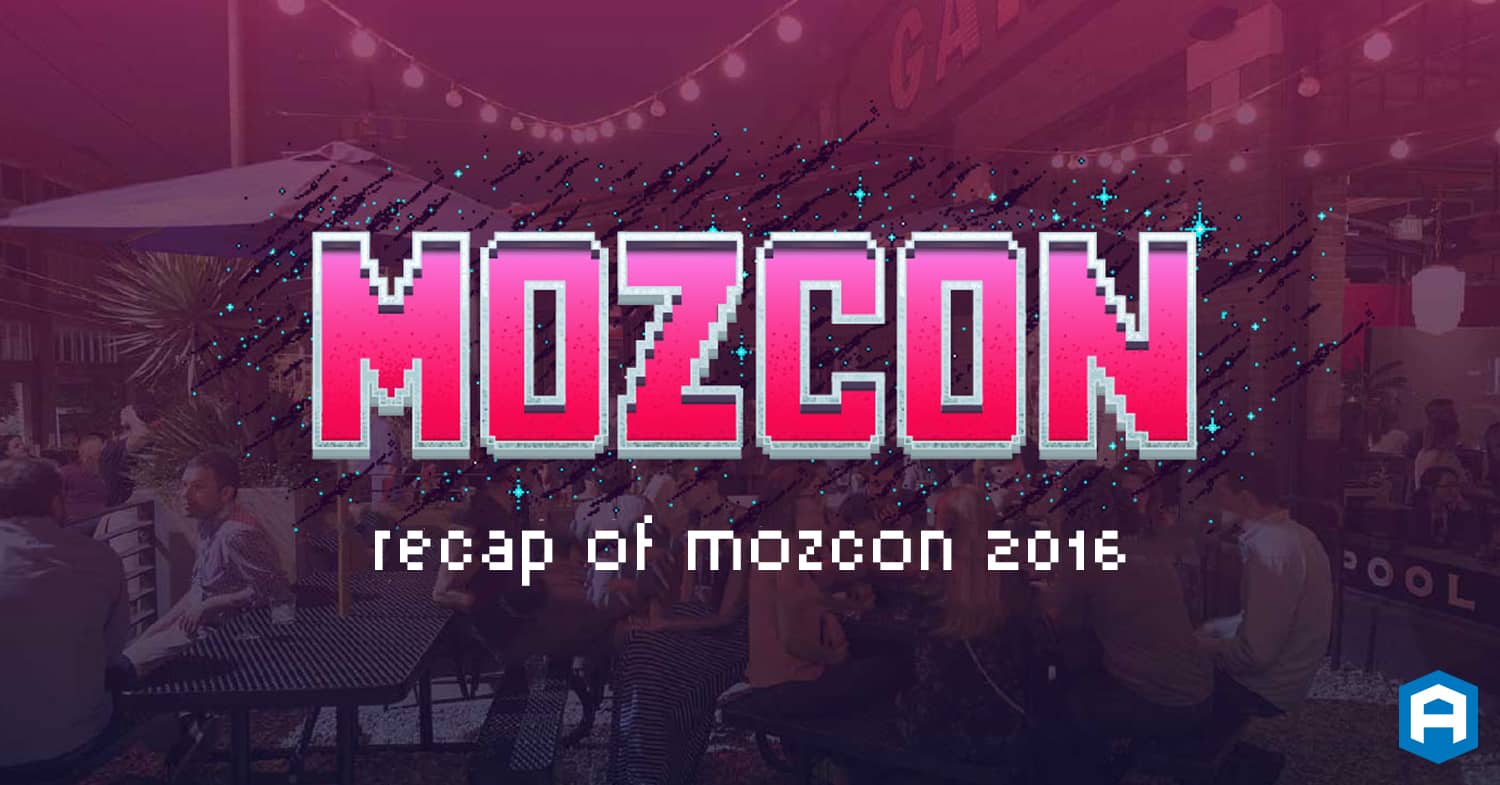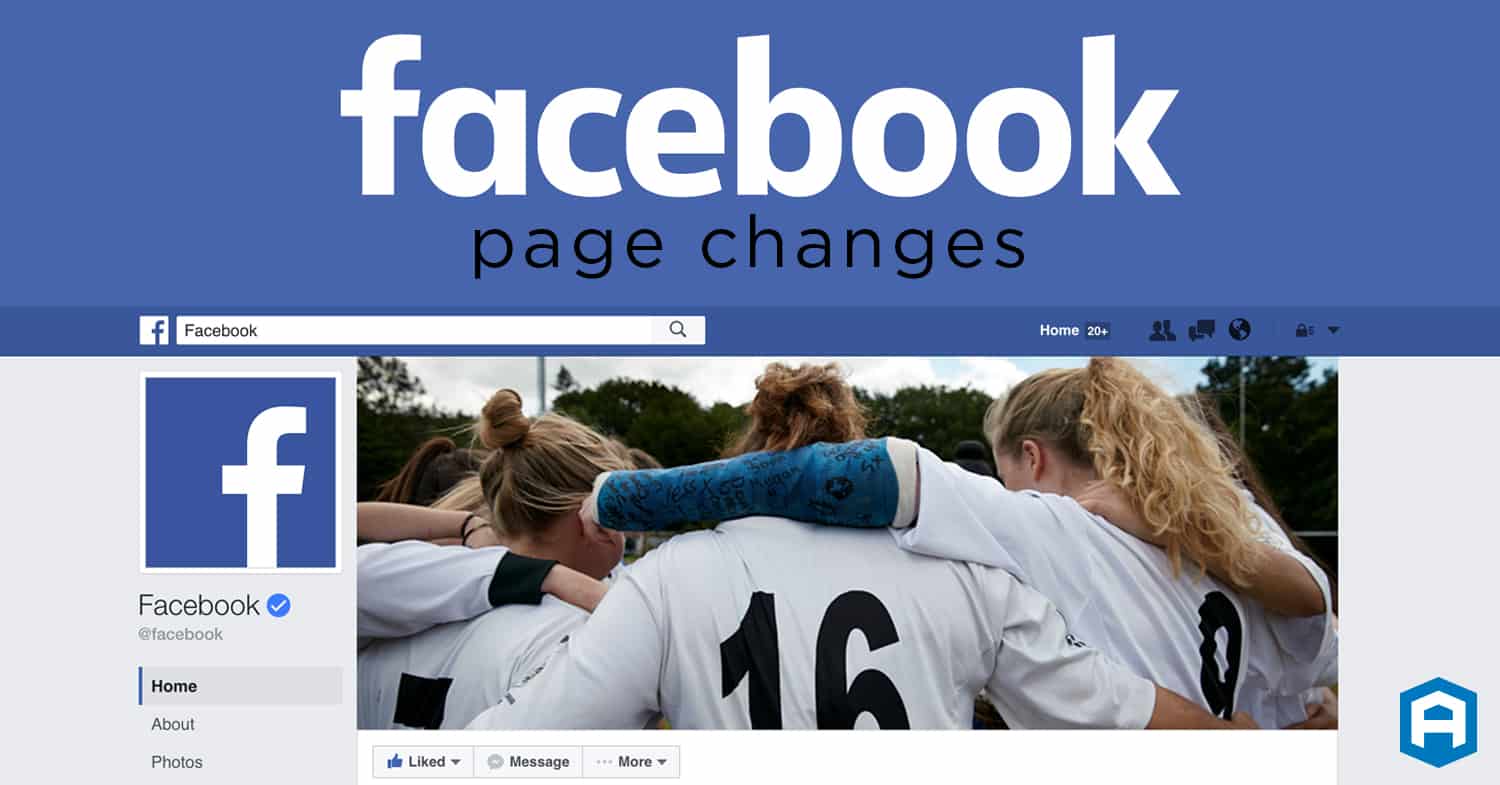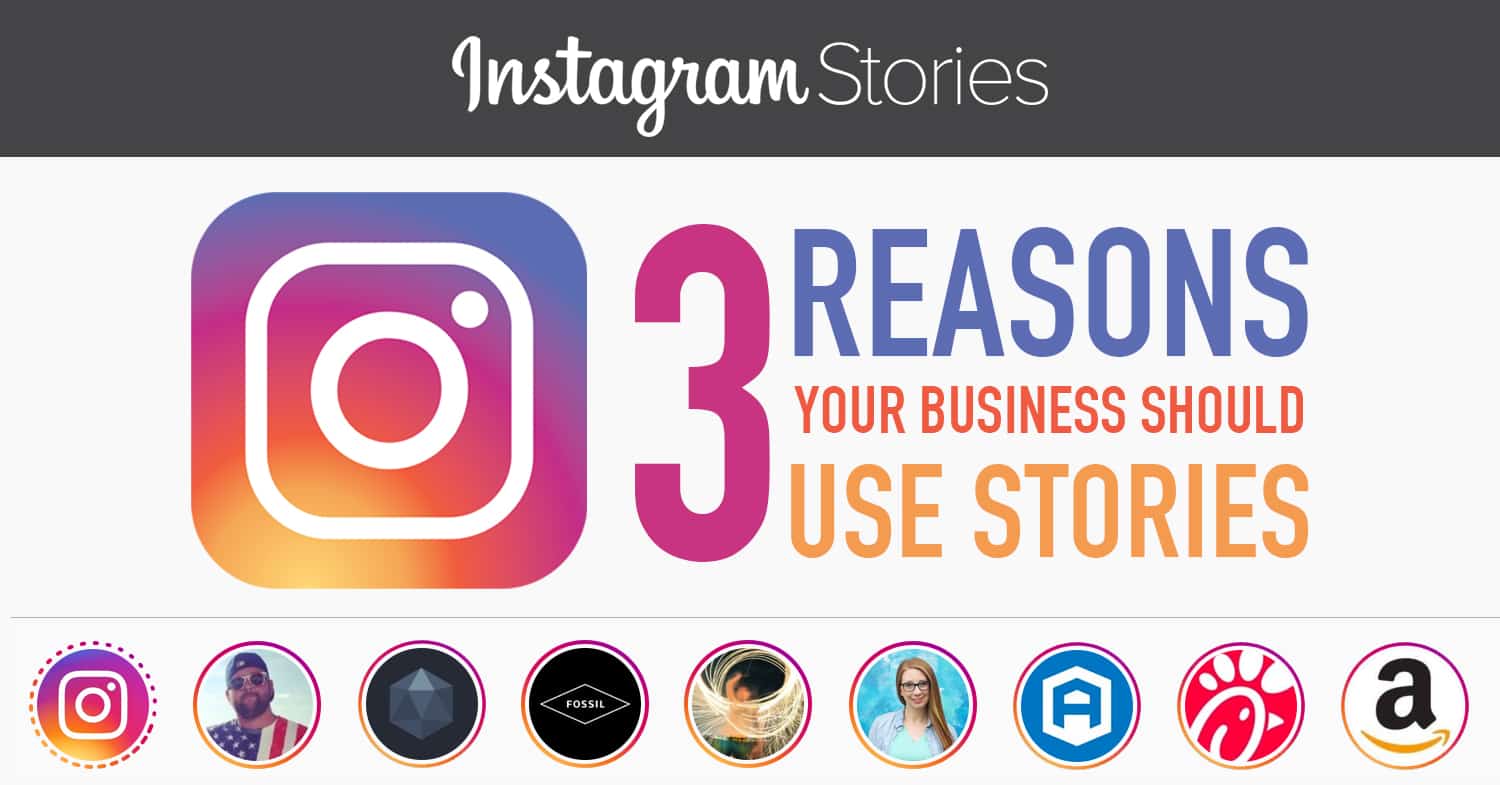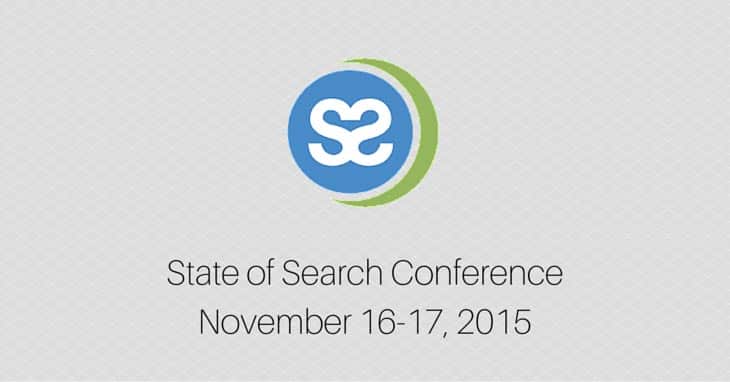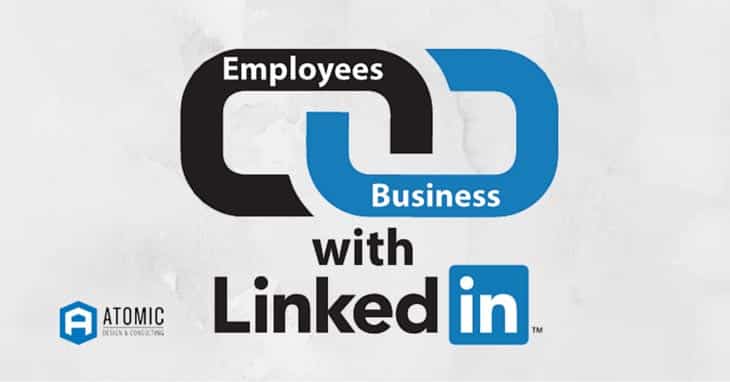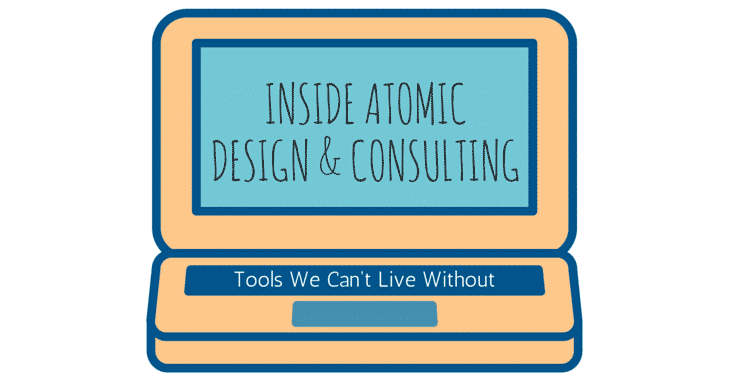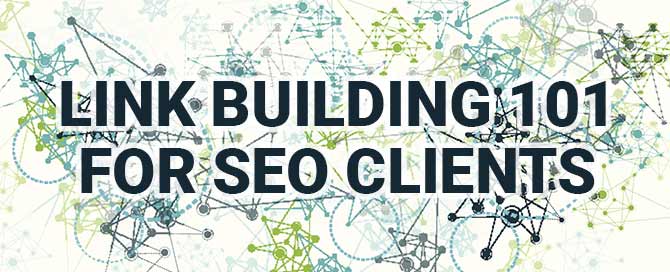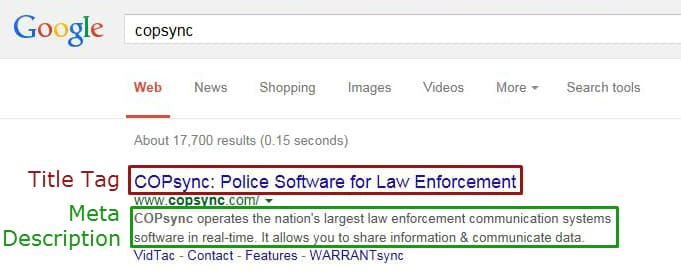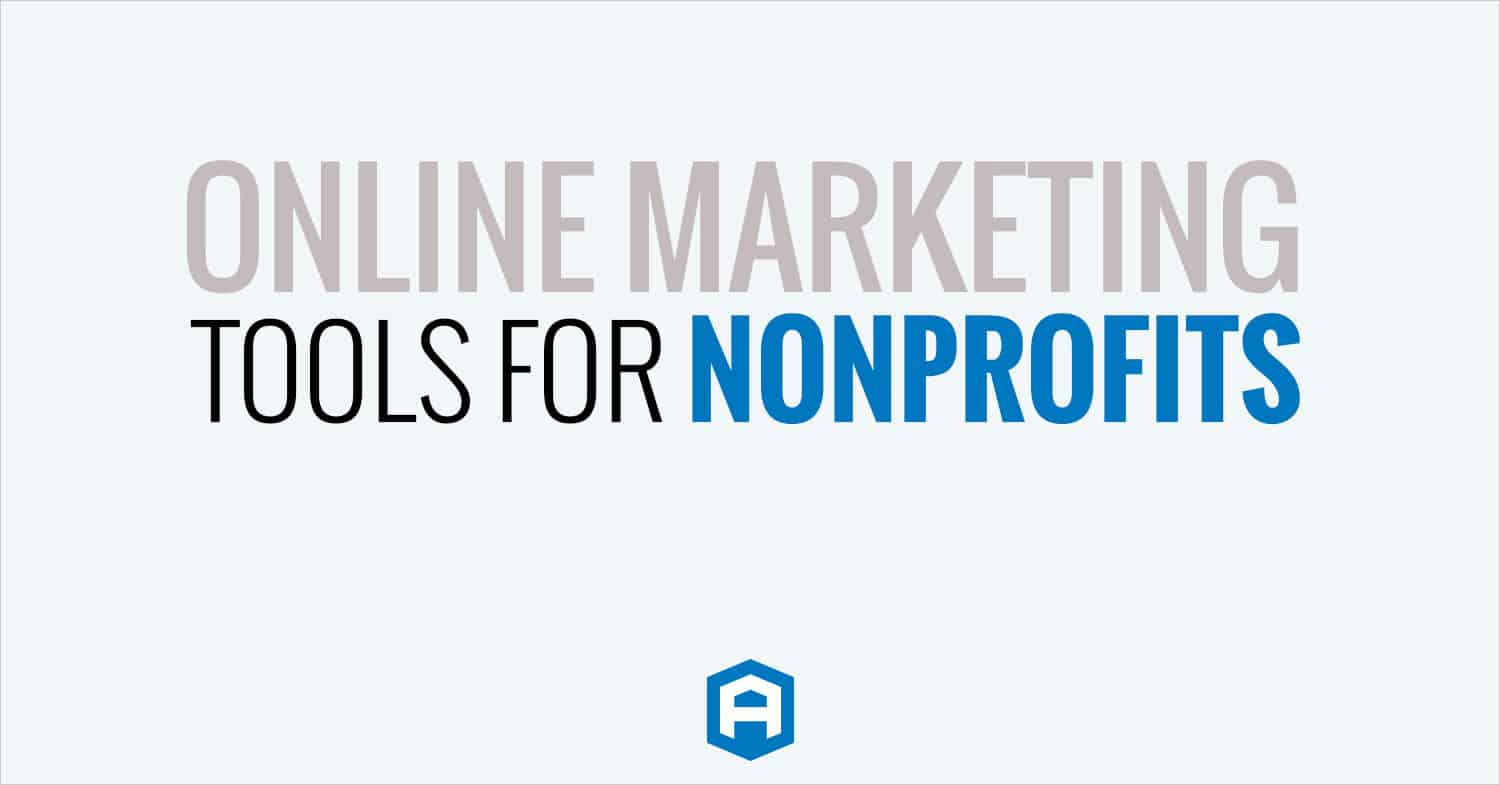
You’re Not on the Same Page
Imagine booking a trip to Hawaii only to find out when you arrive that the travel package doesn’t include any sandy, mai tai-filled excursions. Disappointed?
What if your travel agent responded, “But you didn’t mention going to the beach specifically, so I can’t help you. Unless, of course, you pay an up-charge.” “What?!” you reply, “I’m already here, so what choice do I have? I thought you were an expert. How did you miss this? I assumed all trips to Hawaii included beach time!”
You’re Not on the Same Web Page
Now put yourself in the shoes of a client working with a freelancer or digital agency on a website.
You expect certain features or services to be a standard part of any project. After all, no one said otherwise in the proposal process. But then mid-project you find out that many items you expected would be included weren’t even considered by your vendor.
SEO? Well, some search engine optimization work comes with a new website, but ongoing and impactful strategy is not included. A login area? Well, you didn’t mention how complex that would really be, so your vendor replies, “We can do the extra work, but costs will go up.”
At this point, you are disappointed.
What Went Wrong
Let me guess. When the client came in and said, “I want a website” the vendor said “Sure,” and handed them a quote based on an RFP or list of requirements. Like the aforementioned travel agent, they gave the client exactly what they asked for, but did not dive deeper to understand the project’s true goals and hidden needs.
But if they wanted or expected SEO, they ought to have mentioned it, right? And as for the login area, the client didn’t explain how truly complex it would be. In the end, they provided poor directions. It’s the client’s fault, isn’t it?
Wrong.
Remember, clients often don’t know industry lingo, what’s considered “difficult” or how much information one really needs to produce a good quote. They don’t know what’s included in a “standard” package. And they don’t know what to expect in terms of processes or cost increases.
The Takeaway
I believe highly-effective freelancers and agencies take responsibility for helping prospective clients pave the way for project success by slowing down and diving deep during the sales process. They assume nothing; but rather ask lots of clarifying questions and allow for discussion.
There are some who may push back, saying, “There’s no time for so much talk! Sales ought to be handled quickly. We can work out the details during the project.” But that mindset is exactly what leads to misunderstanding and disappointment. It is far better for all parties to understand goals, limitations, exclusions, how to handle unknowns and so forth before the ink dries. Why? Because happy clients lead to more work and promising referrals.
Take a moment to imagine the ideal travel agent. Translate that vision to selling a website. Now tell me, are you sipping mai tais?
Need Specific Help?
Interested in a specific topic? Review the topics below to get the info, news, and tips you need!

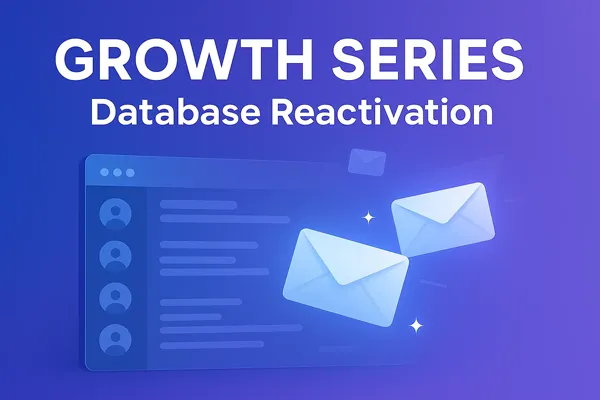









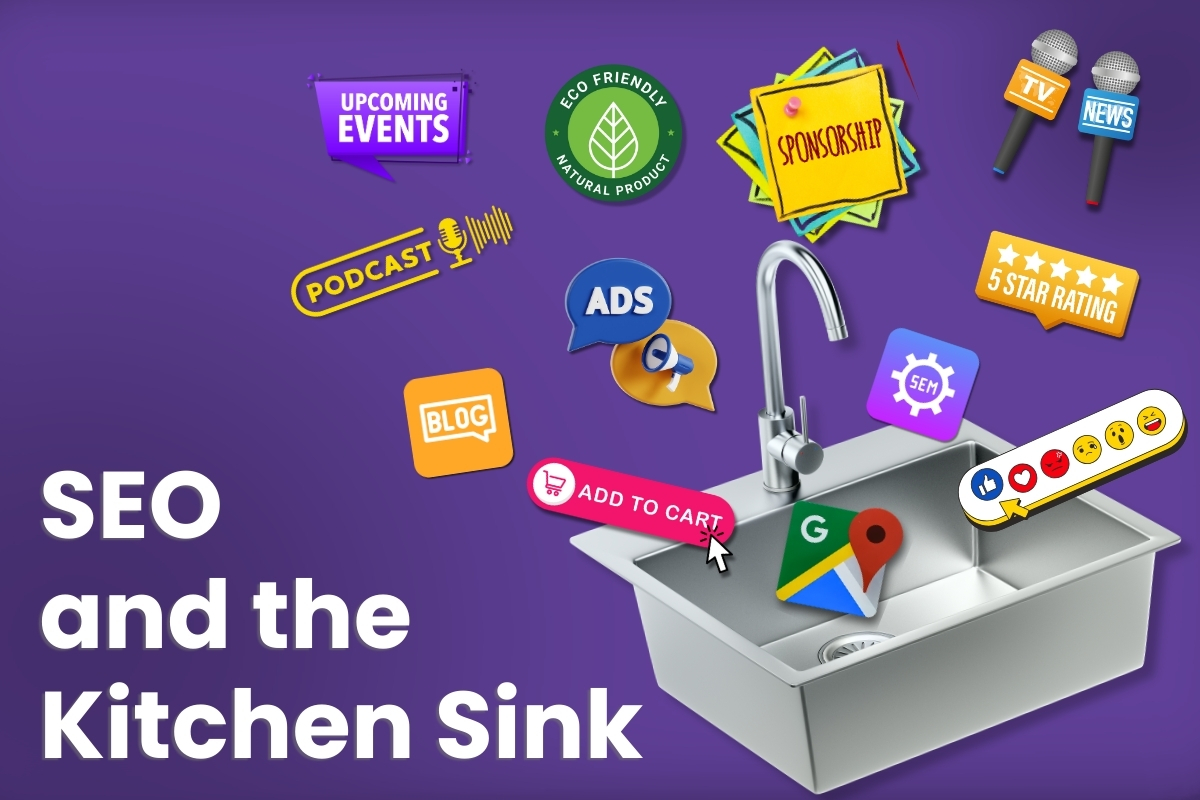

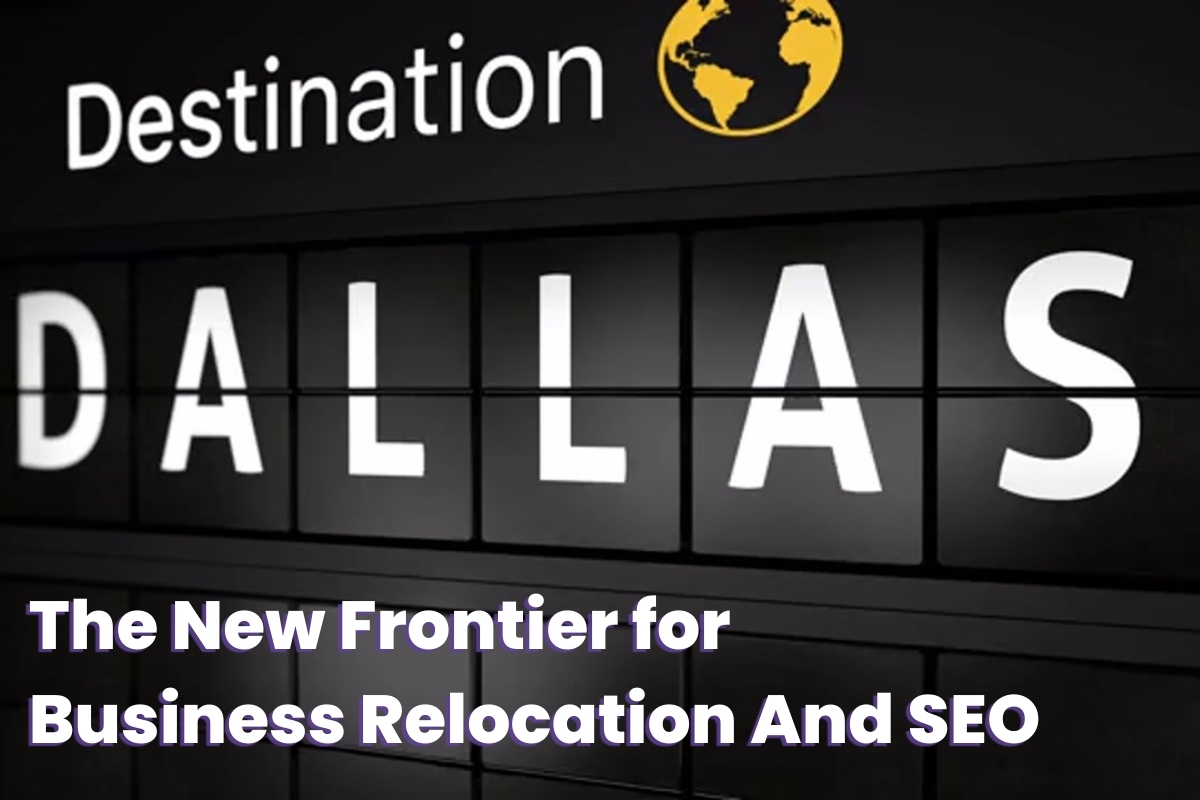

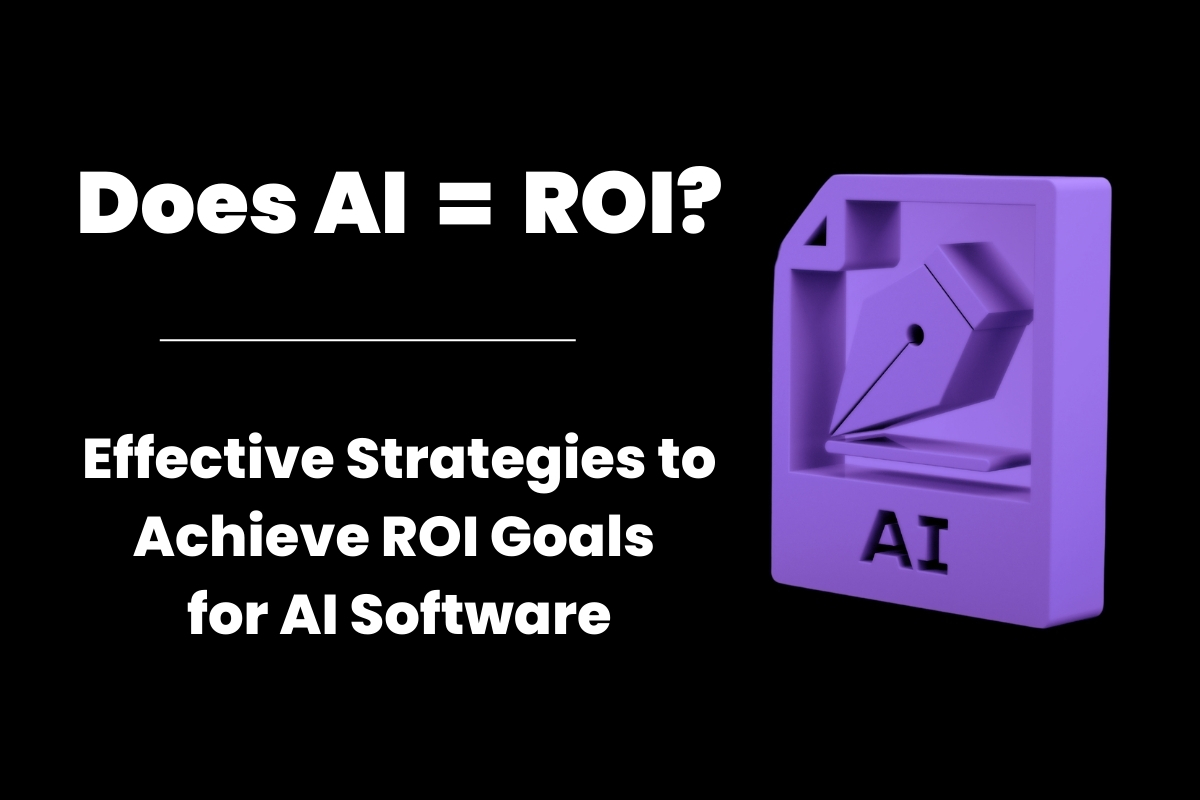






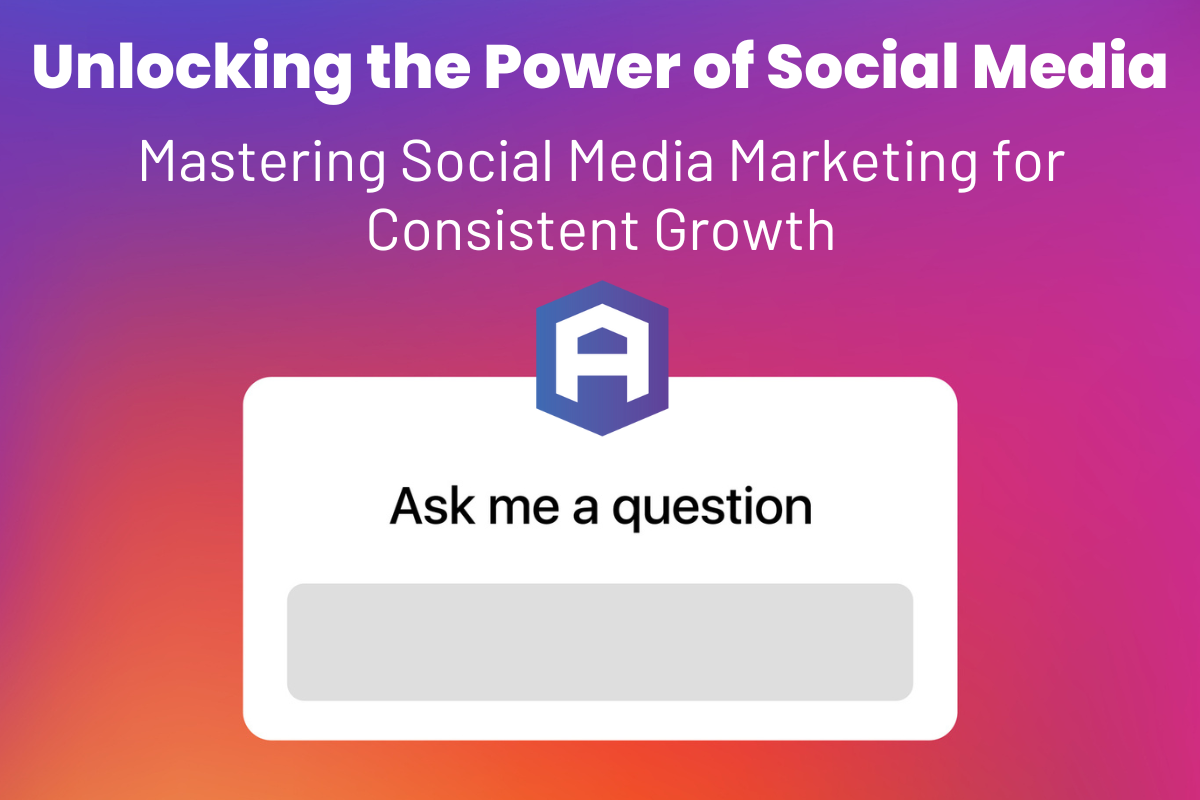


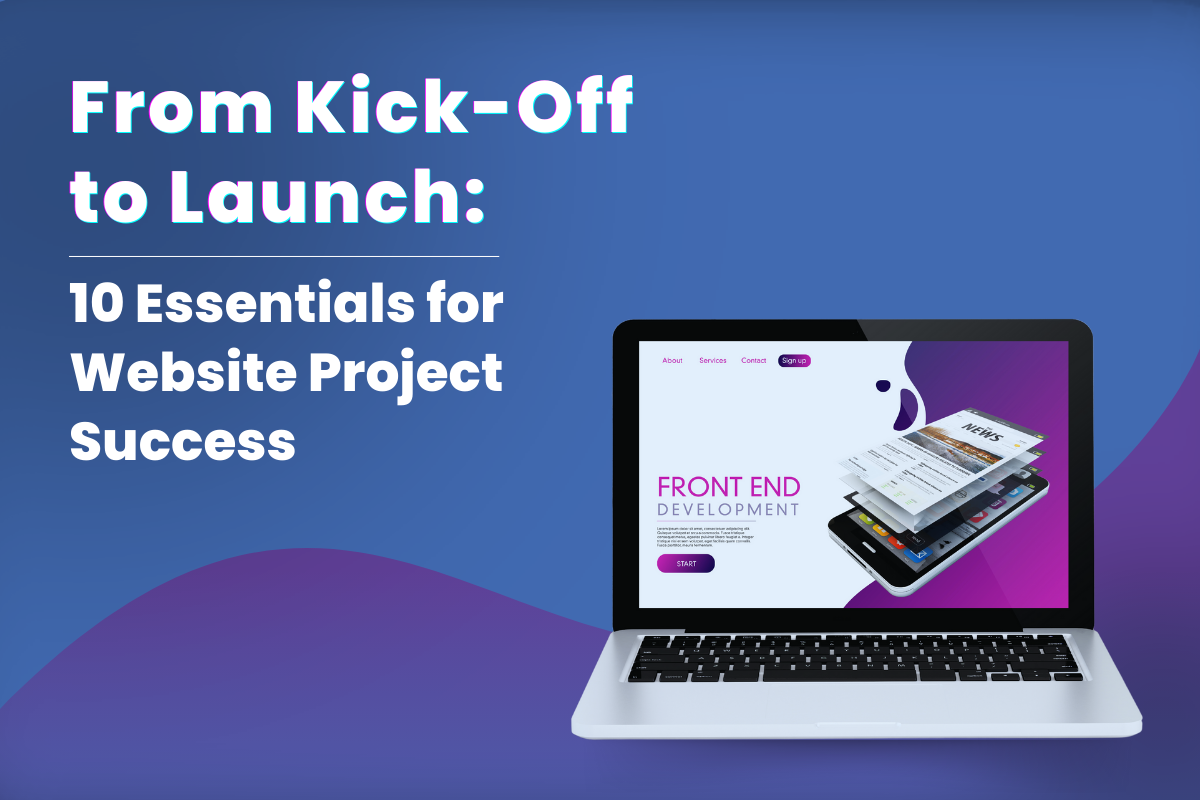





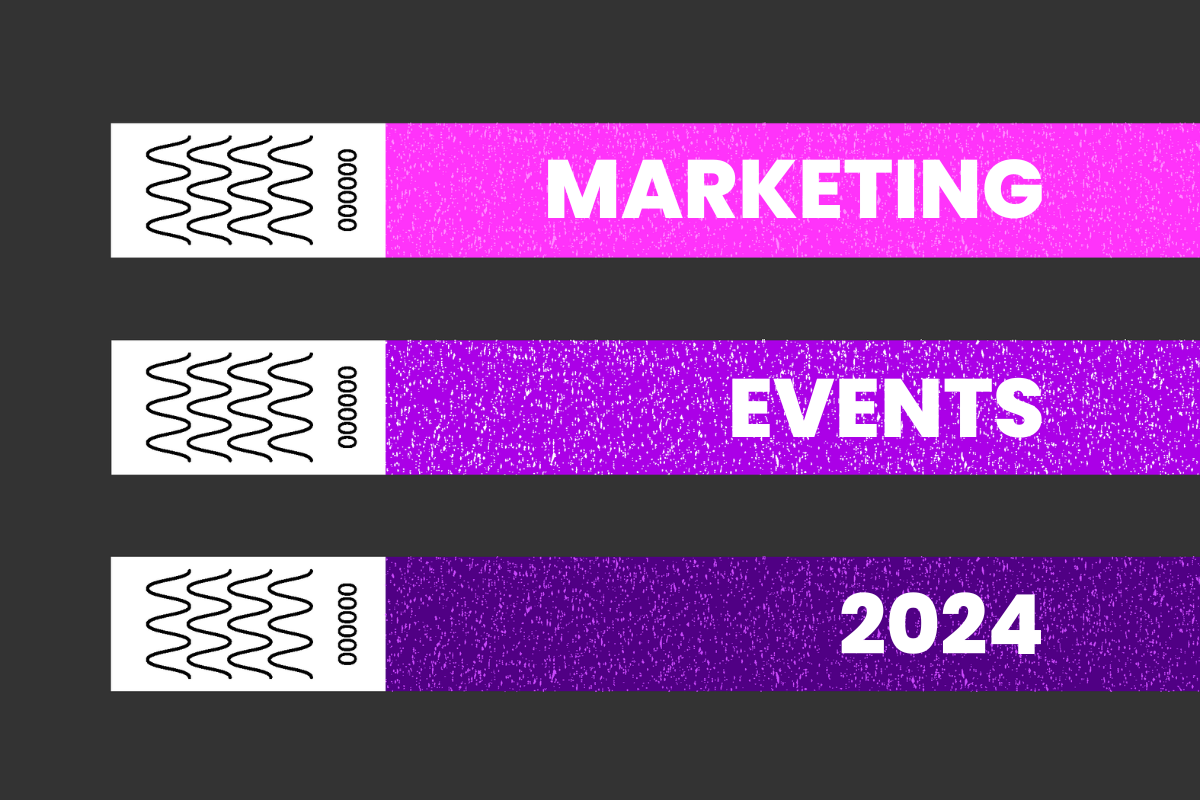

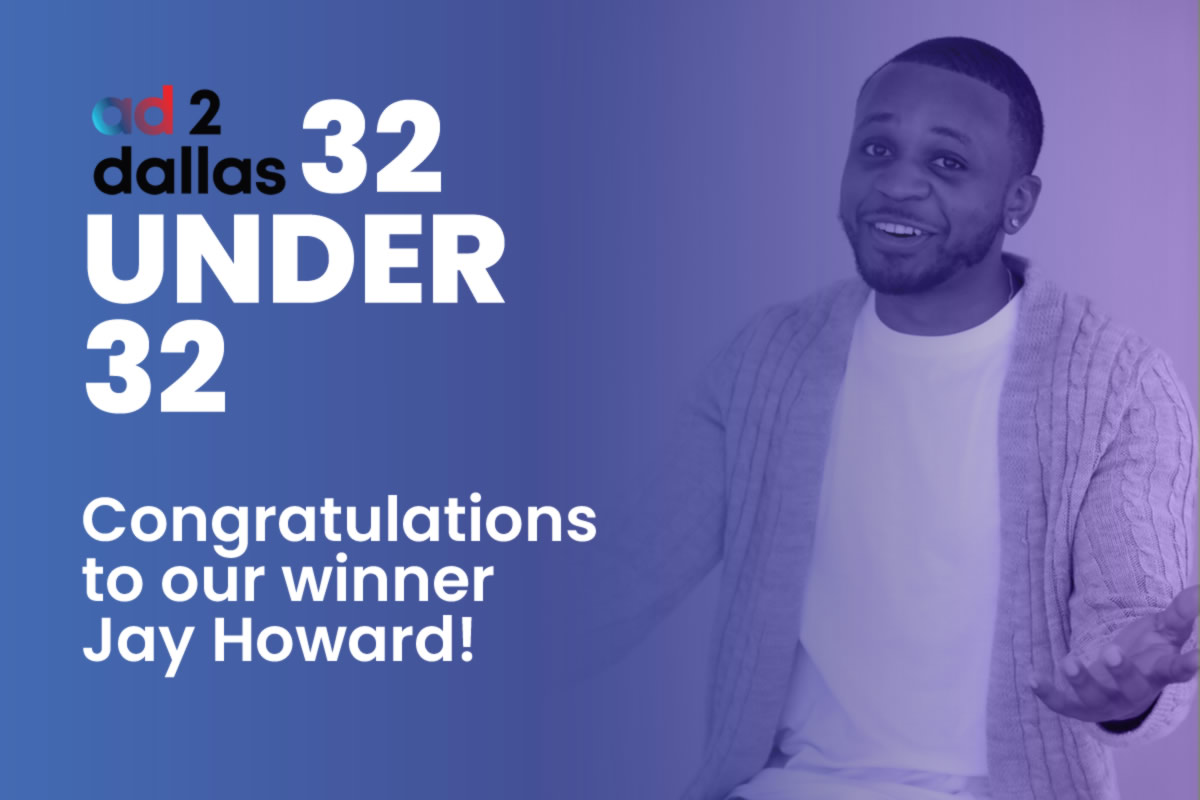
















![HubSpot Partner Day 2019 [Recap] 52 ADC partner day 1200x630 1](https://www.atomicdc.com/wp-content/uploads/2019/09/ADC-partner-day-1200x630-1.jpg)



![30 Awesome HubSpot Tools That Won’t Cost You a Dime [Free Inbound Marketing Tools] 56 30 hubspot tools that won't cost you a dime](https://www.atomicdc.com/wp-content/uploads/2019/06/ADC-30-hubspot-tools.jpg)
